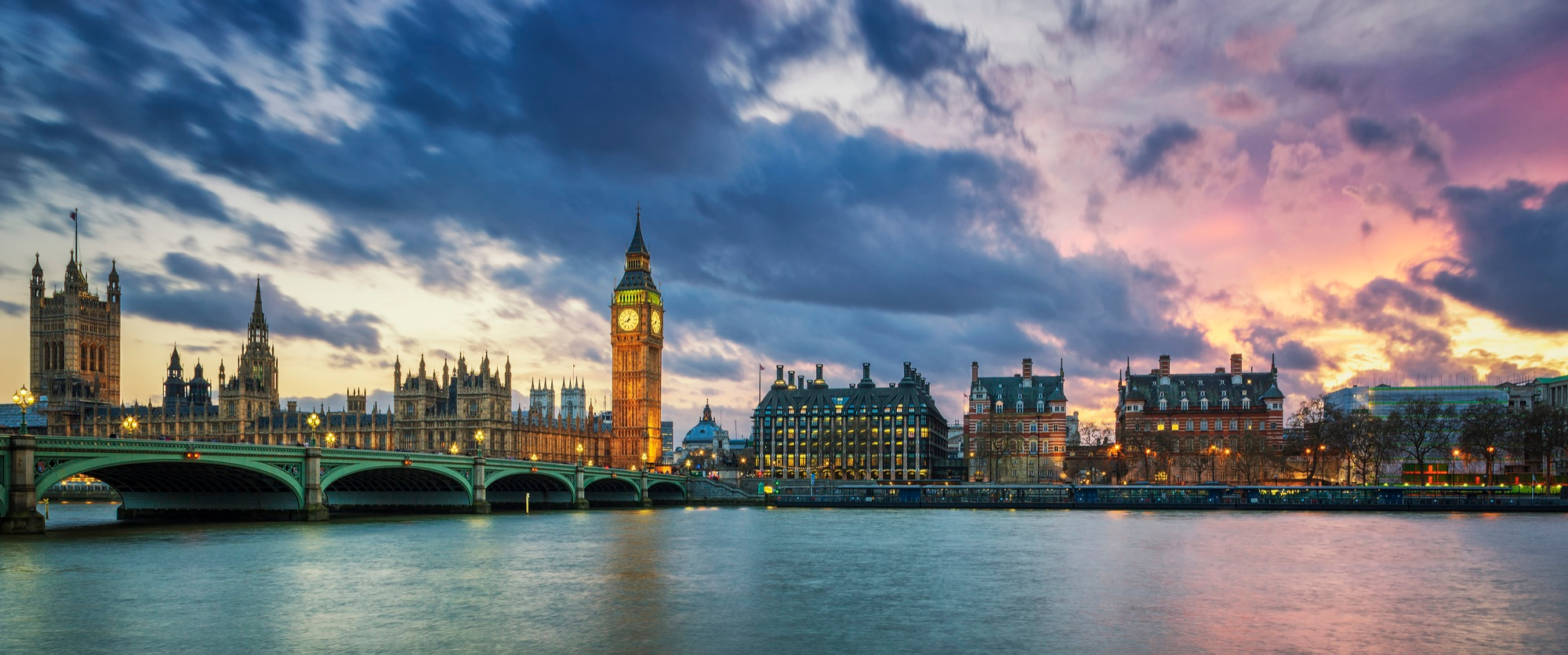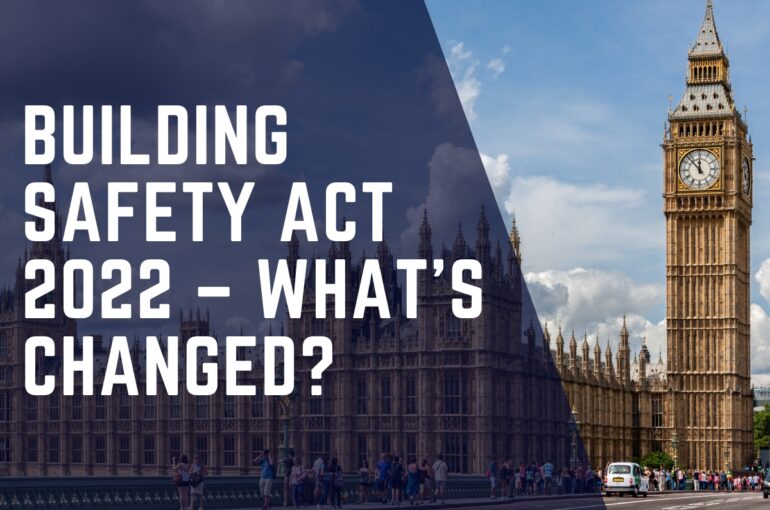Building Safety Act 2022 – What’s Changed?

The Building Safety Act (BSA) of 2022 is now in effect. This new legislation and a slew of statutory instruments (SIs) and related advice will usher in the most significant regulatory changes to the UK-built environment in nearly 40 years. However, even though the BSA received Royal Assent at the end of April 2022, most of its provisions will not take effect for another 12–18 months while secondary legislation is created.
The government’s primary legislative response to the Grenfell Tower tragedy was the Building Safety Bill (the Bill). The final Bill was published in July 2021 and tabled for debate in Parliament after a pre-legislative review by the DLUHC Committee. The Bill has been in the news multiple times this year due to several contentious modifications and new clauses presented on various topics.
The BSA will coexist with the Fire Safety Act (FSA), signed into law in 2021. Last year, the government rejected an amendment to the Fire Safety Bill that would have protected leaseholders and renters from paying to repair cladding on high-rise apartments. Instead, the government reaffirmed its support for protecting leaseholders from cleanup costs at the time, stating that the Fire Safety Bill was not the appropriate vehicle for doing so.
Who and what does it apply to?
The Act applies to building owners and businesses in the built environment, including clients, designers, and contractors who commission building work and participate in the design and construction process.
The Act focuses on high-risk buildings (HRB), classified as high-rise residential structures (including student housing), hospitals, and care facilities with a height of at least 18 meters or seven stories. On the other hand, specific regulations relating to the rehabilitation of relevant faults are only applicable to self-contained structures in England that have at least two homes and are at least 11 meters tall or have at least five floors.
The Act mandates people in charge of showing evidence of fire safety procedures, the building’s structural safety, and related inspections and maintenance. The Act’s powers will be used to create regulations that impose obligations on people who procure, plan, manage, and carry out construction work. These regulations will be enacted through secondary legislation and are subject to additional review.
The legislation will directly impact all people with a stake in current and future HRBs, and it is expected to have a considerable impact on standards and expectations in all multi-family buildings.
Summary
After implementing gateway one in August 2021, developers, contractors, and consultants have already had to adapt during the planning stages. However, there is still much that enterprises in the construction industry can do to prepare for the new regime.
The Act, the new regime, and secondary legislation all require monitoring the implementation of new regulations and training of all necessary people on the new processes, obligations, and provisions imposed by the Act, the new regime, and secondary law. Don’t hesitate to contact MB Law Ltd’s solicitors for advice on what your firm may do and should consider implementing the Act’s requirements and preparing for changes to the building safety system.



Leave a Reply